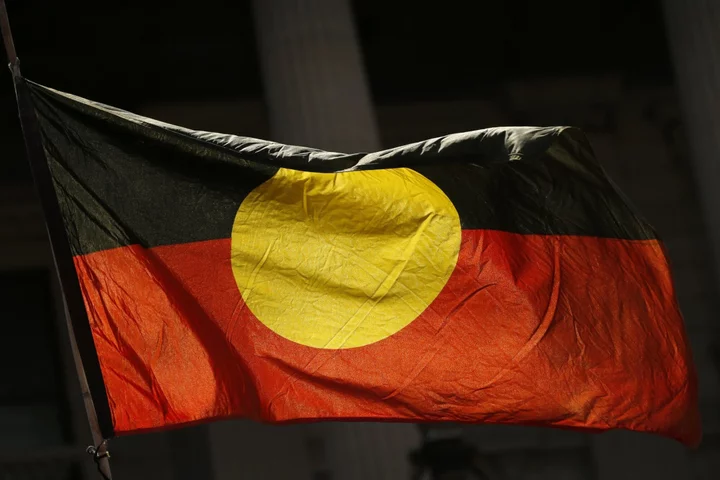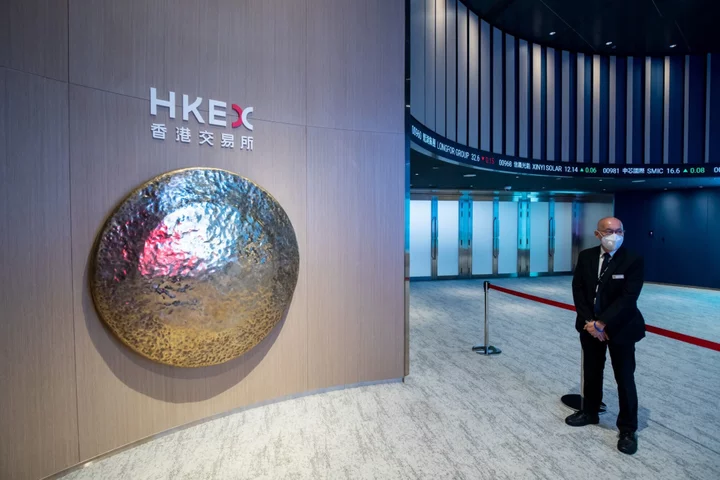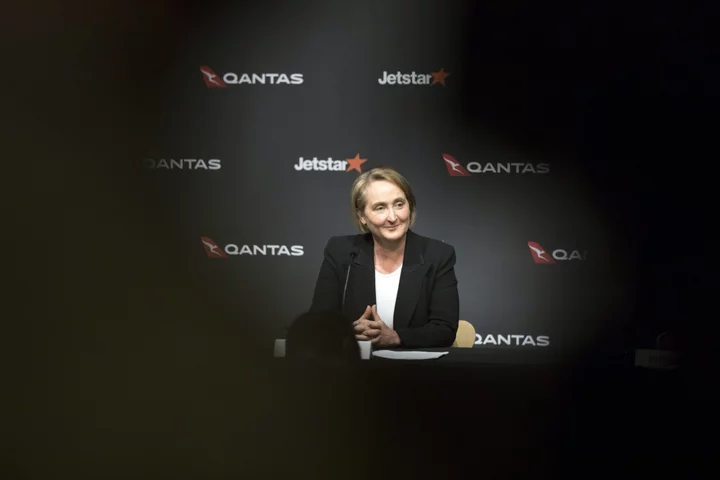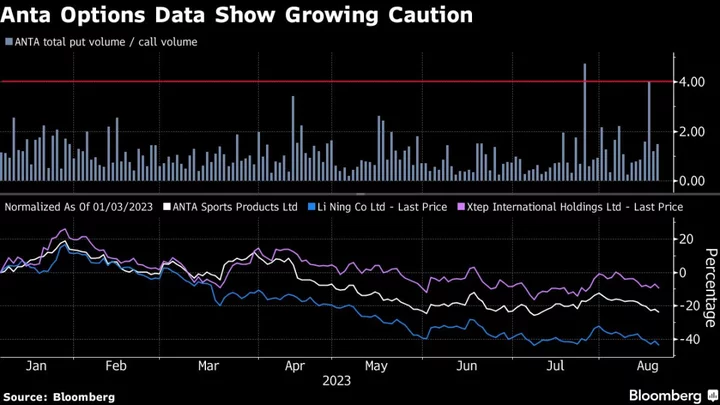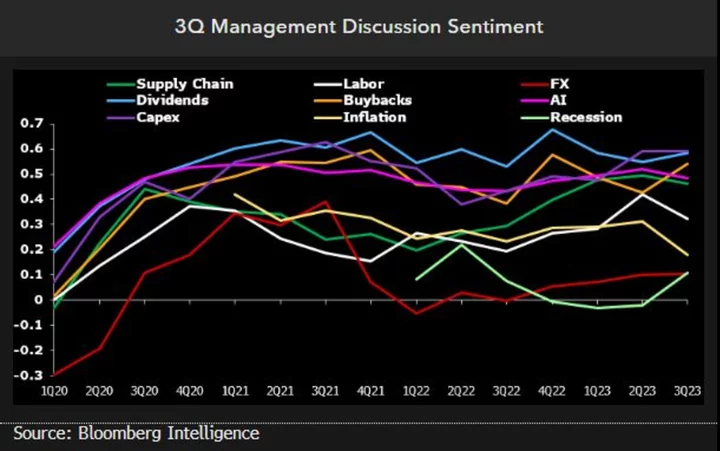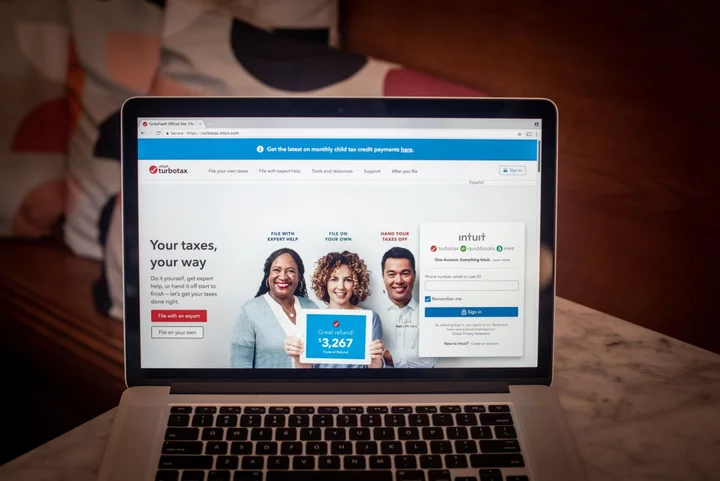Australia will hold a national vote in October to decide whether to incorporate into its constitution an advisory body to the parliament on matters affecting the nation’s Indigenous people.
Prime Minister Anthony Albanese set Oct. 14 as the date of the referendum at an event in Adelaide on Wednesday, which doubled as the launch of the “Yes” campaign to include a “Voice to Parliament” in the constitution. Albanese has made the Voice a major focus of his first term in office, investing a significant amount of political capital in its success.
The Voice was a “practical way” to improve the lives of Indigenous Australians, who for generations have endured some of the worst economic and health outcomes in the country, Albanese said, in an emotional speech.
“The idea for a Voice came from the people and it will be decided by the people,” he said. “On that day every Australian will have a once in a generation chance to bring the country together and change it for the better.”
Indigenous Australians have inhabited the Australian continent for more than 50,000 years, and now make up 3% of the population. On average, they have a life expectancy of 10 years shorter than the rest of Australia.
Just eight of 44 Australian referendums have succeeded since federation in 1901. It has been almost 50 years since the last successful referendum in 1977, and the last vote for a republic in 1999 failed. A successful outcome would also be the largest policy change affecting First Nations people — the country’s Indigenous population — in more than 50 years.
Indigenous leaders who support the Voice say they want it written into the constitution to ensure that future governments can’t tamper with it. Changes to the charter require a referendum that needs both a majority of votes and a majority of the six states supporting it — the so-called double majority.
Despite Albanese’s backing, polls show support for the Voice is waning. Some in the “Yes” camp argue the campaign left it too late to begin making its case, allowing opponents to frame the debate for much of this year.
A poll by Essential Research in early August found support for the Voice to Parliament had slipped to 43%, with the “No” vote rising to overtake it at 47%. One in ten voters said they were still undecided.
The “No” camp says that one group of Australians shouldn’t have more rights than others, arguing it will become divisive. They also said the proposal is too large a change to the constitution and will have legal repercussions, while making little practical difference to the lives of Indigenous Australians.
(Updates with Albanese speech and aftermath)

